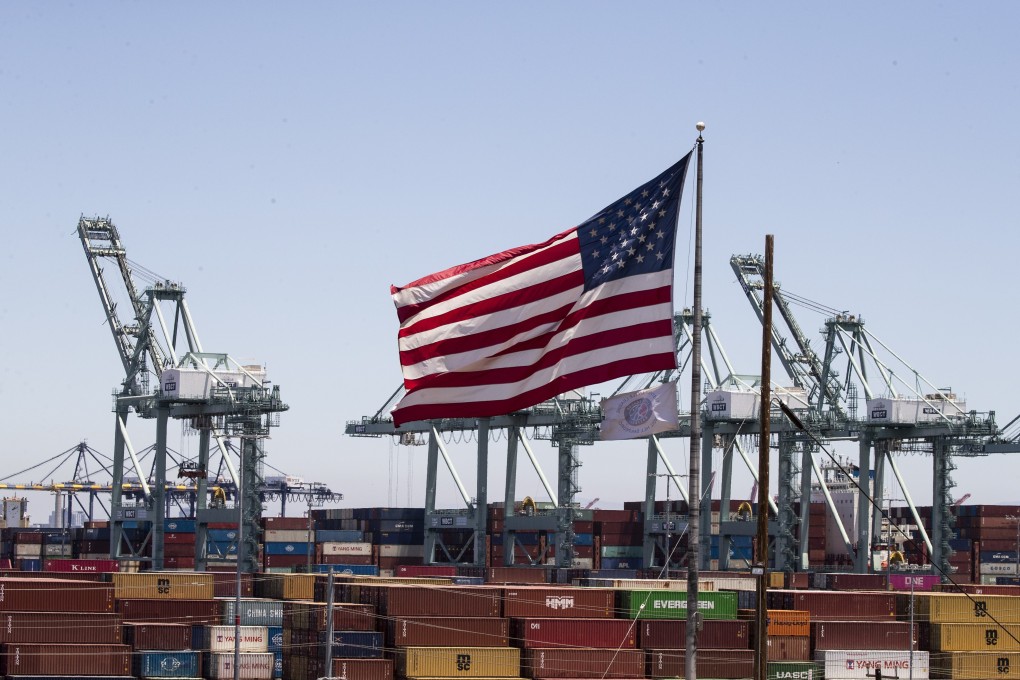Opinion | The ills of hyper-globalisation won’t be solved by a turn to zero-sum geopolitical rivalry
- With hyper-globalisation in decline, the world has an opportunity to right the wrongs of neoliberalism and build an international order based on a vision of shared prosperity. To do so, we must prevent the national security establishments of the world’s major powers from hijacking the narrative

The narrative that underpins the current global economic system is in the midst of a transformative plot twist. Since the end of World War II, the so-called liberal international order has been premised on the free flow of goods, capital and finance, but this arrangement now seems increasingly anachronistic.
Every market order is supported by narratives – stories we tell ourselves about how the system works. This is especially true for the global economy because, unlike individual countries, the world has no central government acting as rule-maker and enforcer.
Taken together, these narratives help create and sustain the norms that keep the system running in an orderly fashion, telling governments what they should and should not do. When internalised, these norms undergird global markets in ways that international laws, trade treaties and multilateral institutions cannot.
Global narratives have shifted numerous times throughout history. Under the gold standard in the late 19th century, the global economy was viewed as a self-adjusting, self-equilibrating system in which stability was best achieved when governments did not interfere. Free capital movement, free trade and sound macroeconomic policies would achieve the best results for the world economy and individual countries alike, or so the thinking went.
The collapse of the gold standard, together with the Great Depression, put a significant dent in this benign-markets narrative.
The Bretton Woods regime that emerged after World War II, which relied on Keynesian macroeconomic management to stabilise the global economy, gave the state a much more prominent role. Only a strong welfare state could provide social insurance and support those who fell through the cracks of the market economy.
